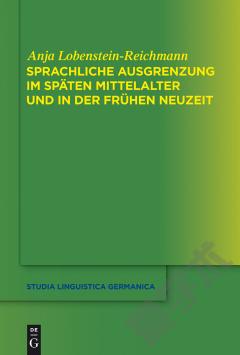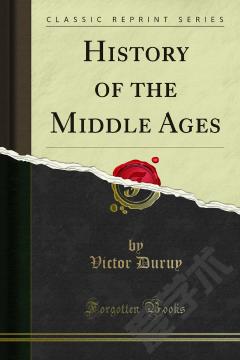History of Linguistic Thought in the Early Middle Ages.
Surveys of linguistics in the Middle Ages often begin with the twelfth century, dismissing the preceding six centuries as 'devoid of originality' or 'dependent upon Donatus and Priscian'. This collection of articles devoted to linguistics in the early Middle Ages attempts to redress the balance by presenting a variety of approaches to new and controversial questions. The volume opens with a study of the historiography of early medieval grammar, with a bibliography of primary and secondary literature. The history of linguistic doctrine is discussed in articles dealing with Virgilius Maro Grammaticus, with the Irish contribution to the analysis of Latin, and with the Carolingian grammarians. A paper discussing a grammar from late Anglo-Saxon England (Beatus quid est) offers new insights into pedagogical techniques and the integration of literary texts into grammar teaching. The attitudes towards varieties of Latin in late antique and early medieval grammars are discussed in a wider context of cultural history. Finally, the volume includes two articles on the transmission of the grammars of the later Roman Empire to the early Middle Ages (Priscian and Dynamius).
{{comment.content}}








 京公网安备 11010802027623号
京公网安备 11010802027623号